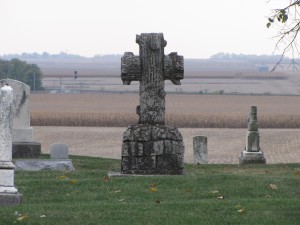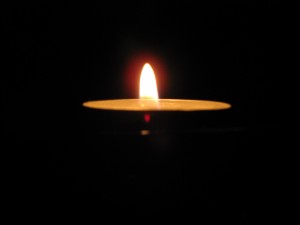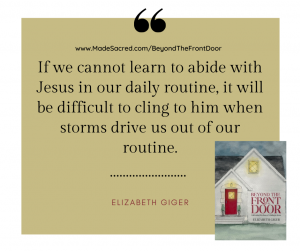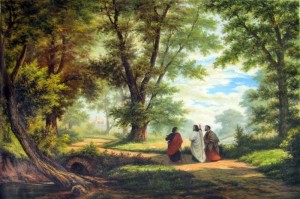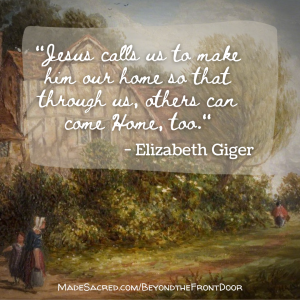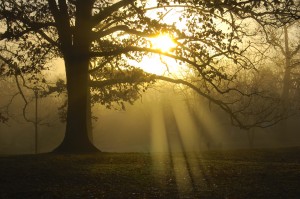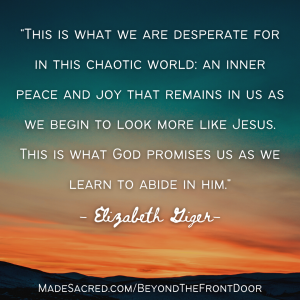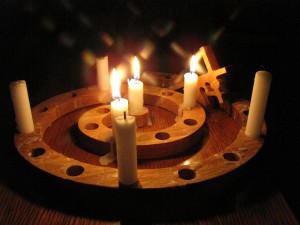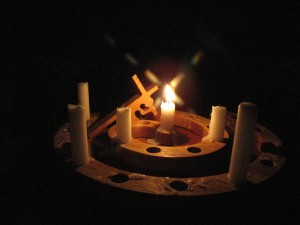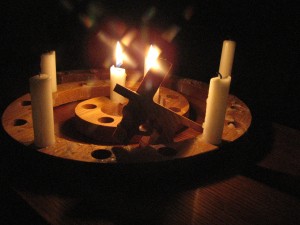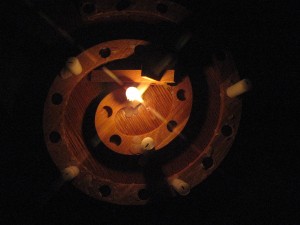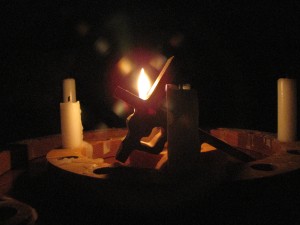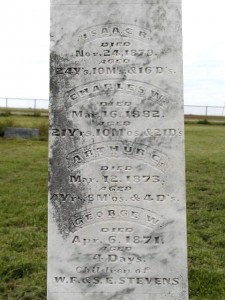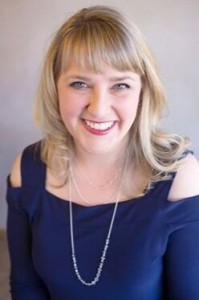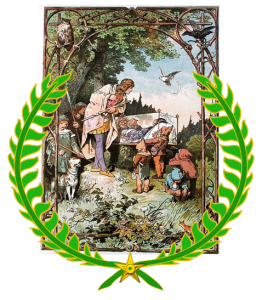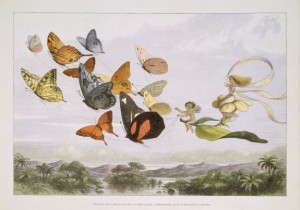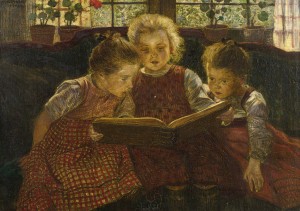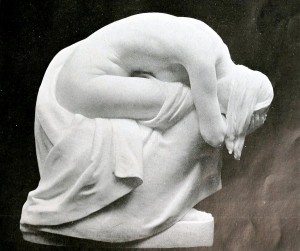Last week I wrote that it is only in recent years that I have begun to experience God, to recognize His Presence around me and His voice within me.
I wrote of becoming aware of Him by degrees, by spending time listening to Him and simply being with Him.
I wrote of God showing Himself to me in soft and small ways rather than through some miraculous, mountain-top experience.
This awareness of God can be, as A. W. Tozer wrote, “increased by exercise or destroyed by neglect.” It is not some God-experience achievement level that we unlock and then possess for all time. It is, rather, a relationship that can, like our earthly relationships, be cultivated and deepened or neglected and allowed to move back into the shallows.
Along with neglect and hurry, the sure way I have found to have God’s Presence hidden from me is to become unwilling to surrender to His Spirit.
Sometimes this looks like some sin I am unwilling to let go of.
Sometimes this looks like a circumstance I desperately want to change and thus am unwilling to surrender to God.
Either way, my Self starts to become more important to me than God.
Tozer calls Self the opaque veil that hides the face of God from us.
The only way to remove this veil and regain my awareness of the Presence of God is to crucify it.
Daily.
If anyone would come after me, let him deny himself and take up his cross daily and follow me.
We must invite the cross to do its deadly work within us. We must bring our self-sins to the cross for judgement. We must prepare ourselves for an ordeal of suffering in some measure like that through which our Saviour passed … ~ Tozer
This is a hard truth. Crucifixion hurts. It desperately hurts.
It is never fun to die. To rip through the dear and tender stuff of which life is made can never be anything but deeply painful. Yet that is what the cross did to Jesus and it is what the cross would do to every man to set him free. ~ Tozer
Yet I have learned that there is nothing my Self can give me that can compare in any way to God Himself. How could it?
I forget, though. I start thinking about the pain and I dig my heels in and refuse to surrender.
When I do this, I lose God.
I don’t mean that He leaves me. He promised He never would.
But I lose the awareness of His Presence. I lose His voice. I lose the gift of experiencing God.
Just as it takes being faithful to spend regular times of quiet with Him and His Word to cultivate my relationship with God and thus my receptivity to Him, it takes surrender to Him and to anything He chooses for me (whether through giving it to me or through not taking it away) to remove that veil of Self between us.
Let me be clear: God is the one who does the work of tearing away the veil. Our part is only to surrender and trust.
This is important to understand, for we are forgetful and like to wrest away control for ourself. Our work is only to surrender to the Holy Spirit, whether that be in how we spend our time and cultivate our rhythms or in giving up what we want in a given circumstance or sinful way. The Spirit’s work is to show us the Father and the Son.
If we co-operate with Him in loving obedience God will manifest Himself to us, and that manifestation will be the difference between a nominal Christian life and a life radiant with the light of His face. ~ Tozer
Once again, if you hunger to know more about this, I have written about it more deeply in my book, Beyond the Front Door: Cultivating Rhythms of Abiding in Jesus. You can click here to find it on Amazon.
Art credits: Christ in the House of Martha and Mary by Johannes Vermeer; all other photographs are my own — copyright Made Sacred 2021




